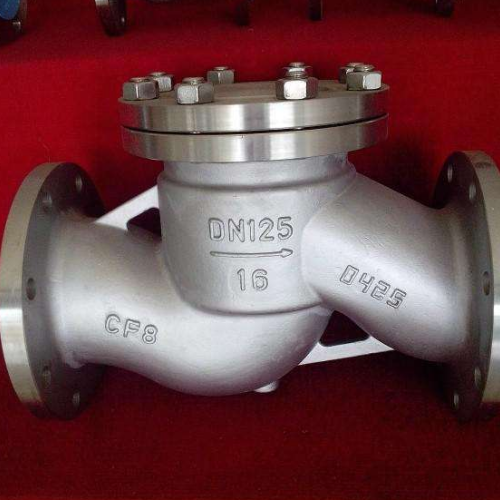Exploring the Leading Manufacturers of Threaded Flanges in Today's Industrial Market
Threaded Flanges Factories An Overview of Production and Applications
Threaded flanges, essential components in piping systems, are widely used in various industries, including oil and gas, chemical processing, water treatment, and manufacturing. These flanges allow for easy assembly and disassembly of piping systems, making maintenance and repairs more efficient. As the demand for reliable and durable piping solutions increases, the role of threaded flanges factories becomes increasingly significant.
Manufacturing Process of Threaded Flanges
The manufacturing process of threaded flanges typically involves several key steps. First, raw materials such as carbon steel, stainless steel, or alloy steel are carefully selected based on the specific requirements of the application. The choice of material is crucial, as it determines the flange's resistance to corrosion, pressure, and temperature.
After selecting the appropriate materials, the manufacturing process begins with cutting the raw material into the desired shape and size. This is usually done using advanced machining techniques, such as CNC (computer numerical control) machining, which ensures high precision and consistency. Once the blank is prepared, the next step involves forming the flange through various methods, including forging or casting, depending on the design specifications and the intended application.
The threading process is critical in the production of threaded flanges. Factories employ specialized equipment to create internal threads that comply with industry standards. This ensures that the flanges can be securely attached to pipes or other fittings, preventing leaks and maintaining the integrity of the piping system.
threaded flanges factories

After threading, the flanges undergo rigorous inspection and quality control measures. This includes checking for dimensional accuracy, surface finish, and the presence of any defects. Many factories use non-destructive testing methods, such as ultrasonic or magnetic particle inspection, to ensure that each flange meets the required standards before it is sent out for use.
Applications of Threaded Flanges
Threaded flanges are commonly used in applications where frequent assembly and disassembly of pipes are necessary. Their ability to provide a tight seal without the need for welding makes them ideal for situations where maintenance is a priority. In the oil and gas industry, threaded flanges are used in pipelines that transport crude oil, natural gas, and other fluids.
In the chemical processing sector, threaded flanges facilitate the connection of various reactors, storage tanks, and piping systems. Their robust design and ability to withstand high pressures and temperatures make them suitable for handling corrosive substances. Similarly, in water treatment facilities, threaded flanges are commonly used for connecting filtration systems, valves, and pumps, ensuring a smooth flow of treated water.
Conclusion
As industries continue to evolve, the demand for high-quality threaded flanges will remain strong. Factories specializing in the production of these components play a vital role in ensuring that the piping systems are safe, efficient, and reliable. By adhering to strict quality control measures and utilizing advanced manufacturing techniques, threaded flanges factories contribute significantly to the overall performance of diverse applications. The future of threaded flanges seems promising, with ongoing innovations aimed at improving their design and manufacturing processes, thereby enhancing their functionality and durability in various industrial settings.
-
Breakthrough in Domestic Low Temperature Valve Technology in ChinaNewsAug.18,2025
-
From Machinery to Intelligent Brain: The Digital Transformation Wave of the Valve IndustryNewsAug.18,2025
-
PCVEXPO 2025NewsAug.18,2025
-
The Key to Fluid Control: Exploring the Advantages of Ball Valves in Industrial SystemsNewsJul.09,2025
-
The Versatile World of 1, 2, and 3 Piece Ball ValvesNewsJul.09,2025
-
Stainless Steel Ball Valves: The Ideal Choice for Efficient Flow ControlNewsJul.09,2025
-
Optimizing Fluid Control with Ball Float ValvesNewsJul.09,2025




